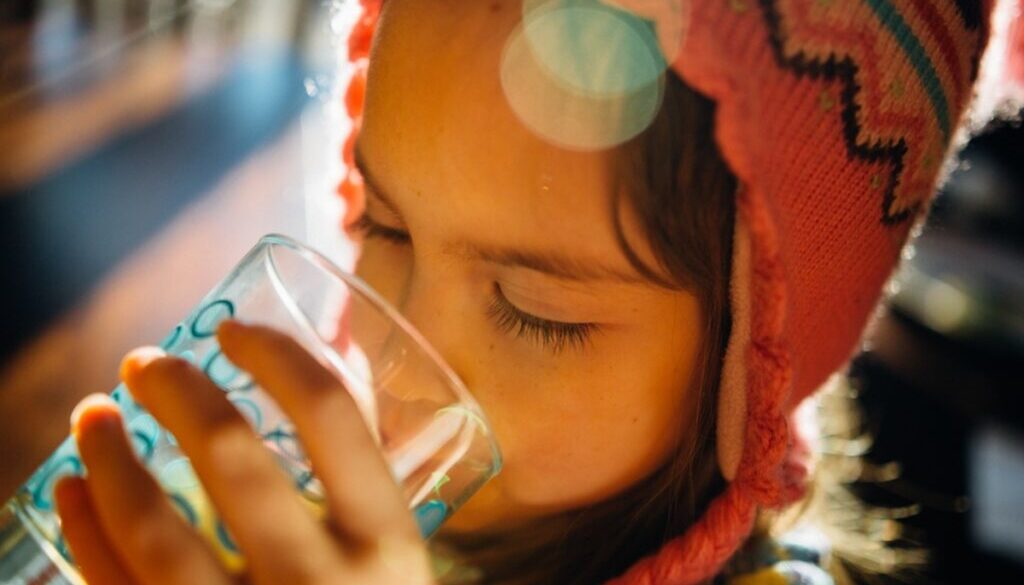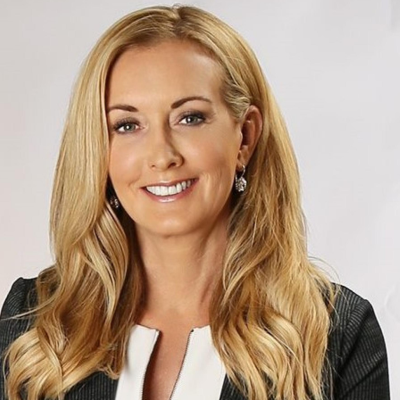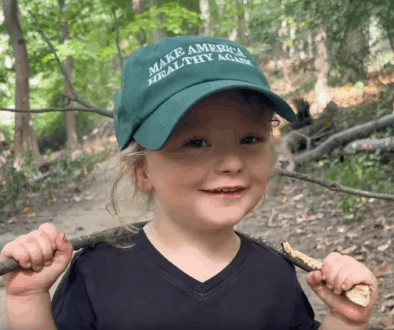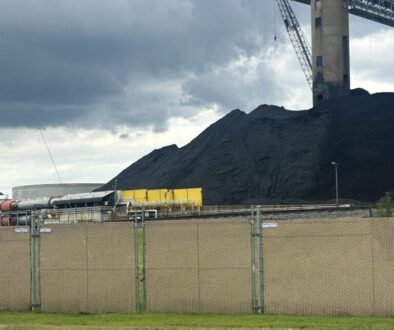New project seeks “water and climate equity” strategy for US frontline communities
By Pam Strayer
In the face of mounting concerns about how climate change is impacting water resources, a California-based organization said Monday it is launching a long-term research and outreach project aimed at aiding rural, low-income and communities of color around the United States.
The Pacific Institute think tank said through the new “water and climate equity” strategy it will seek “equitable water resilience” for disadvantaged front-line communities, which often are impacted more severely by water insecurity than wealthier communities.
“Millions of people in the United States still lack access to clean water, lack basic plumbing, or rely on water systems with safety violations,” Shannon McNeeley, senior researcher for the Pacific Institute, said in a statement. “Frontline communities often endure the worst of this water insecurity, with disproportionate impacts to low-income communities, communities of color, Indigenous communities, and rural areas.”
The Pacific Institute said it is collaborating with the Rural Community Assistance Partnership (RCAP) and the Kentucky based Livelihoods Knowledge Exchange Network (LiKEN) as well as the Washington-based nonprofit DigDeep.
The groups will conduct research they hope informs policy makers and drive a “transformation to water resilience by 2030.”
“We now know that more than 2.2 million people in the United States still don’t have taps or toilets at home, but with the climate crisis intensifying, there are more questions to be answered,” said George McGraw, Founder and CEO of DigDeep in a statement. “How will climate change impact our water and wastewater systems? Which communities are most at risk of falling into the ‘water access gap’ in the future? Perhaps most importantly, what can we do to help vulnerable communities adapt?”
The groups said they will analyze how climate change, as a “risk multiplier,” will intensify water-related risks for marginalized communities; the impacts of climate change specifically on small- and medium-sized water, sanitation, and hygiene (WASH) systems; the distributional effects and equity of related environmental policy; and water-related climate change preparedness.
Flood risk on the rise
Another point of research is the way in which climate is impacting disadvantaged communities with too much water. The Pacific Institute states in its newest annual report that “about 90 percent of disasters are water related.”
In June, floods in southeastern Montana closed Yellowstone National Park and swept away homes. The United States Geological Survey estimated it was a one in 500-year event.
Flood risk is increasing in the United States, and is expected to disproportionately impact Black communities, according to research published earlier this year. The group of US and United Kingdom researchers who authored the paper predicted that the US flood risk will rise more than 26% by 2050 due to climate change, with annual flood-related losses climbing from $32 billion currently to $40 billion by 2050.
“Urban and rural areas alike from Texas through Florida to Virginia contain predominantly Black communities projected to see at least a 20% increase in flood risk over the next 30 years,” the researchers wrote.




